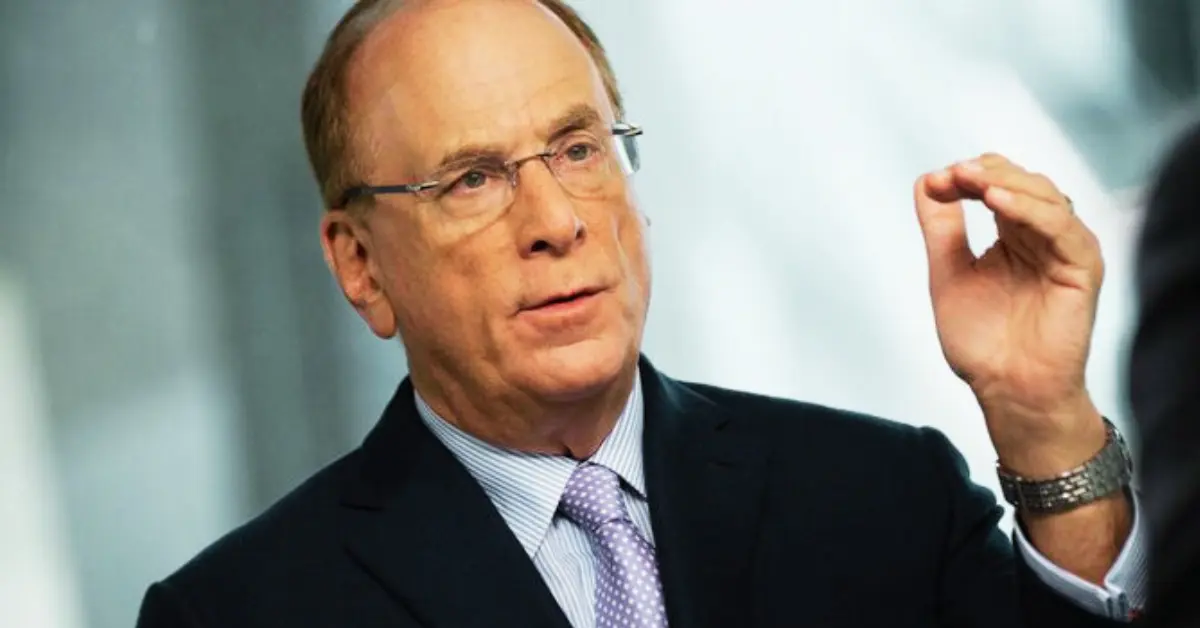Retirement Crisis: The Call to Rethink Traditional Notions
In a stark warning, Larry Fink, the chairman and chief executive of BlackRock, highlighted the impending retirement crisis facing the world. With people living longer lives, Fink stressed the necessity for reevaluating retirement planning strategies to ensure financial security in later years.

Challenging Traditional Retirement Age
Fink challenged the conventional retirement age, emphasizing the outdated nature of the 65-year-old benchmark, which originated during the time of the Ottoman Empire. He questioned the adequacy of this standard in an era where individuals are routinely living past the age of 90. Fink’s assertion prompts a critical examination of what the average retirement age should be in modern times.
Urgent Need for Action
Expressing concerns about the lack of preparation for retirement, Fink called for urgent action to address the issue. He underscored the importance of ensuring that individuals have substantial savings to support themselves during their later years. Fink’s message serves as a call to action to prioritize retirement planning and financial security.
Demographic Shifts and Financial Implications
Fink highlighted the impact of changing demographics on retirement planning. With rapidly aging populations worldwide, there is a pressing need to develop robust capital markets to support retirees. Fink’s remarks draw attention to the critical intersection between demographic trends and financial stability in retirement.
Addressing Healthcare Advances and Financial Preparedness
Acknowledging the role of medical advancements in prolonging life expectancy, Fink emphasized the importance of financial preparedness for these additional years. While medical innovations such as obesity drugs contribute to longer lifespans, Fink cautioned against overlooking the financial implications of extended longevity.
Policy Responses and Economic Outlook
Examining policy responses to the retirement crisis, Fink referenced shifts in retirement age and government initiatives such as auto-enrollment into pensions. However, he also highlighted challenges such as declining life expectancy and the strain on state pension systems. Fink’s analysis underscores the need for comprehensive policy measures to address the multifaceted challenges of retirement planning.
Read also: Unraveling the Enigma of Steve Martin: A Journey Through Comedy Brilliance
Industry Dynamics and Responsibility
Fink discussed the evolving landscape of retirement savings, noting the transition from defined benefit to defined contribution schemes. He emphasized the responsibility of older generations to support younger cohorts in saving for retirement. Fink’s remarks underscore the importance of intergenerational solidarity and collective responsibility in addressing the retirement crisis.
In brief
In conclusion, Larry Fink’s warnings about the looming retirement crisis serve as a wake-up call for individuals, policymakers, and industry stakeholders alike. By challenging traditional notions of retirement age and advocating for proactive measures, Fink offers valuable insights into navigating the complex landscape of retirement planning in an era of increasing longevity. As we confront the challenges ahead, Fink’s message reminds us of the imperative to prioritize financial preparedness and collective action to secure a stable and prosperous retirement future.


